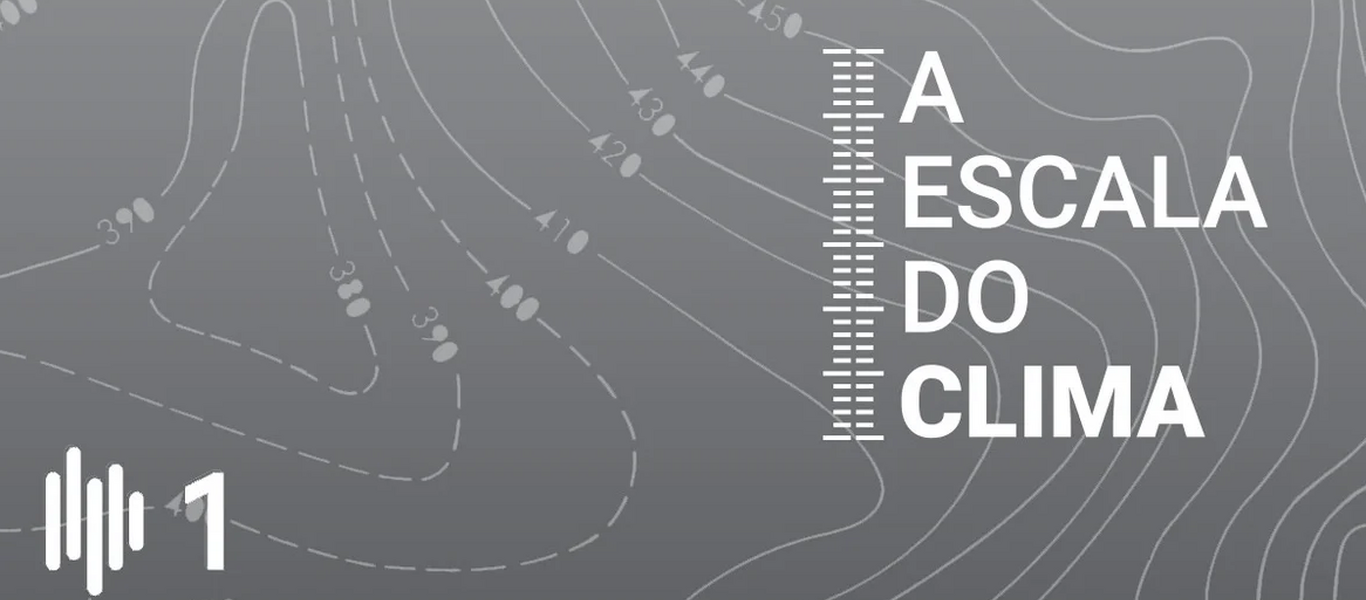Climate Change: «A Escala do Clima» (Ep. 32) (in Rádio Observador/Antena 1)

Climate Change: «A Escala do Clima» (Ep. 32) (in Rádio Observador/Antena 1)
Professor Filipe Duarte Santos invited Pedro Matos Soares to participate in its program «Escala do Clima», on Rádio Observador/Antena 1, on May 5th, 2022, where the impact of Climate Change in Portugal and in the world was addressed, exemplifying the last extreme heat event in India and Pakistan, which tests the threshold of human survival. It was discussed the National Roadmap for Adaptation (RNA2100) and its contribution to Portugal.
It was highlighted the National Roadmap for Adaptation (RNA2100) – financed by the EEA Grants, promoted by the Portuguese Environment Agency (APA), in partnership with Banco de Portugal (BdP), Directorate-General for Territory (DGT), Faculty of Sciences from the University of Lisbon (FCUL), Portuguese Institute for Sea and Atmosphere (IPMA) and the Norwegian Directorate for Civil Protection (DSB) - and the need to adapt territories to Climate Change, including waste management and water resources. Professor Filipe Duarte Santos says that, until the date of this interview, it had only rained half of what would be expected.
Professor Filipe Duarte Santos invited Pedro Matos Soares to participate in its program «Escala do Clima», on Rádio Observador/Antena 1, on May 5th, 2022, where the impact of Climate Change in Portugal and in the world was addressed, exemplifying the last extreme heat event in India and Pakistan, which tests the threshold of human survival.
It was highlighted the National Roadmap for Adaptation (RNA2100) – financed by the EEA Grants, promoted by the Portuguese Environment Agency (APA), in partnership with Banco de Portugal (BdP), Directorate-General for Territory (DGT), Faculty of Sciences from the University of Lisbon (FCUL), Portuguese Institute for Sea and Atmosphere (IPMA) and the Norwegian Directorate for Civil Protection (DSB) - and the need to adapt territories to Climate Change, including waste management and water resources. Professor Filipe Duarte Santos says that, until the date of this interview, it had only rained half of what would be expected.
Pedro Matos Soares highlights the importance of the National Roadmap for Adaptation (RNA2100), whose mission is to characterize the impact of Climate Change on highly vulnerable sectors in Portugal, such as water resources and forest fires, promoting sustainable development, without never ignore the coastline, being aware of its high vulnerability to Climate Change. It is necessary to clarify that it is necessary to establish greenhouse gas emission scenarios, determining the sign of Climate Change in the various variables, whether temperature, precipitation, sea agitation (more maritime over-elevation in stormy situations), being upstream of all this the rise in mean sea level. These effects act cumulatively on coastal erosion.
An acceleration of these changes is visible, with the IPCC projecting a rise of about 1 meter in sea level by 2100, in Portugal. The main problem is not this rise, but the joint effect of this aspect with others, such as the widespread occurrence of hurricanes off Portugal (we had the events Leslie, Lorenzo, Ophelia – which had an influence on the fires of 2017). We must boost warning systems regarding heat waves, says Pedro Matos Soares, recalling the ferocity of the heat waves of 2003 and 2010 and the importance of mobilizing people for this cause. We must encourage practices more suited to our climate, having to adapt our practices in order to reduce the risk of fire. It states that there is much to be done and that all contributions to the climate are important in influencing the lives of millions of people.
Interview available at:
https://www.rtp.pt/play/p6888/e615012/a-escalada-do-clima
https://cdn-ondemand.rtp.pt/nas2.share/wavrss/at1/2205/PGM2100018103201_404945-2205041429.mp3
Source:
Rádio Observador/Antena 1
(Francisco Sena Santos, Filipe Duarte Santos and Pedro Matos Soares)
05/05/2022
